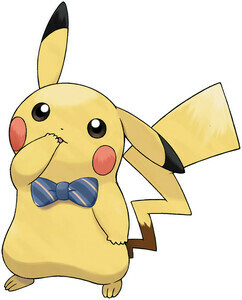19191896
Past Perfect
Description
No tags specified
Resource summary
Past Perfect
- (1) To show an action happened in the past
before another event took place
- (A) Words usually used with the Past
Perfect tense are: When and After
- (B) Words such as already, Just and
As Soon As are also used with the
Past Perfect tense.
- After I had eaten five apples, I felt ill.
- It had already stopped raining when I bought an umbrella.
- The whole house had already burnt
down when the firemen arrived.
- I arrived at the cinema
after the movie had
started.
- (A) Words usually used with the Past
Perfect tense are: When and After
- (2) For an action which happened before
a definite time in the past
- They had finished their prayers by 10 o'clock.
- They had finished their prayers by 10 o'clock.
- (3) For an action which took place
and completed in the past
- He had hurt his back in an accident
at work and he had to stay home for
three months.
- He had hurt his back in an accident
at work and he had to stay home for
three months.
- (4) The past perfect is commonly used
in reported speech. If the actual
spoken words use the simple past,
the past perfect is often used in
reporting those words
- Common reporting verbs include Tell (someone),
Say, Find Out, Learn and Discover
- Jenny said she had lost her keys.
- Common reporting verbs include Tell (someone),
Say, Find Out, Learn and Discover
- If either Before or After is used in
the sentence, the Past Perfect is
often not necessary because the
time relationship is already clear
- After the guests left, I went to bed
= I left to bed after the guests left
- After the guests left, I went to bed
= I left to bed after the guests left
- Past Perfect tense used
after certain expressions:
- I knew (that) his brother had gone to work overseas.
- I thought (that) we had got on the wrong train.
- I was sure (that)
they were right
there!
- I knew (that) his brother had gone to work overseas.
Want to create your own Mind Maps for free with GoConqr? Learn more.

